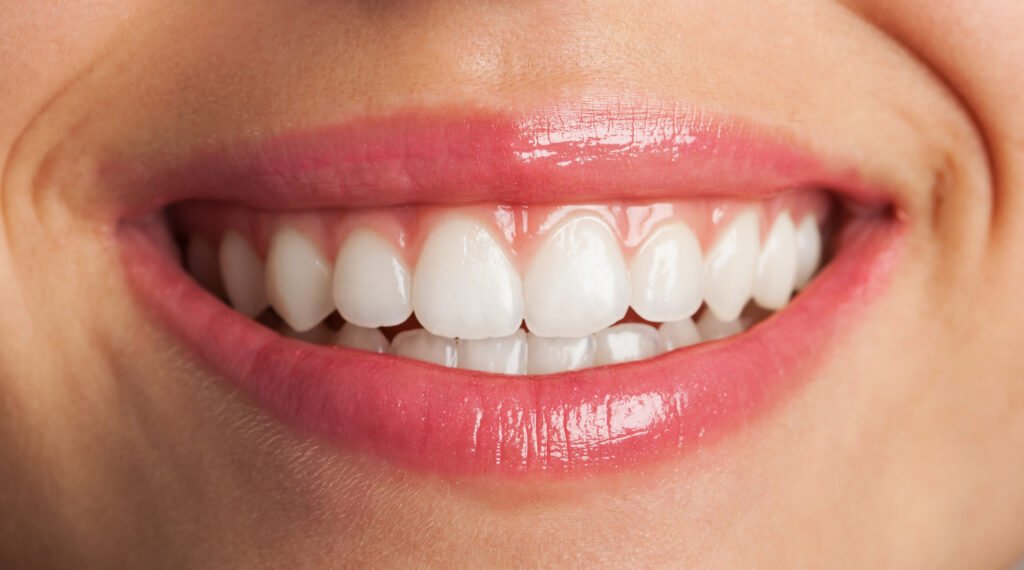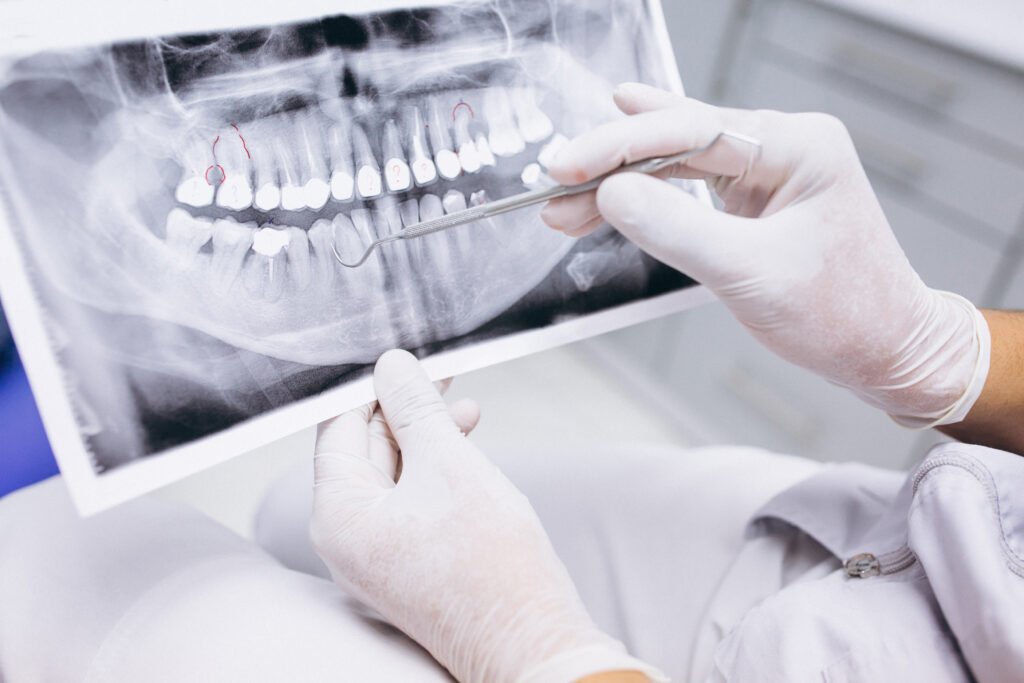Tooth resorption happens when your own cells attack your teeth, breaking down the root, crown, or both—often linked to autoimmune diseases like Lupus or EGPA.

How I Discovered It
In 2022, during a routine dental cleaning, my dentist noticed something unusual in an X-ray. She referred me to an orthodontist, who confirmed the diagnosis: tooth root resorption.
Basically, my body was “absorbing” the root of one of my teeth.
I even sent the X-rays to dentists in Brazil to double-check, and they confirmed it. Since there’s no way to reverse resorption, the only option was to extract the tooth and replace it with an implant.
At that time, I didn’t know why it happened — I didn’t have trauma, braces, or any of the usual causes. I just moved forward with the procedure and tried to forget about it.
It Happened Again…
In 2023, it happened again. This time, I noticed two more teeth with signs of resorption. I had to remove one right away and now monitor the second closely. I could tell my dentist felt bad for me, and honestly, I felt shocked too.
Three cases of resorption in just two years?
I brought this up to my rheumatologist, who helped me connect the dots. With autoimmune diseases like Lupus and EGPA (Eosinophilic Granulomatosis with Polyangiitis), the immune system sometimes goes into overdrive and attacks parts of the body it shouldn’t — sometimes even the teeth.
Can You Prevent Tooth Resorption?
No guaranteed way exists to prevent tooth resorption, especially when linked to autoimmune activity. We can’t always predict which part of the body the immune system will attack next.
You can take steps to protect your oral health: Brush twice a day, floss regularly, and use a Waterpik—I always feel amazed at how many tiny food particles it removes, even after brushing and flossing. Get regular dental checkups, ask for X-rays when needed, and talk to both your dentist and rheumatologist—they might notice patterns before you do.
Final Thoughts
Root resorption is scary — and frustrating — especially when you’re already managing chronic conditions like Lupus or EGPA. But you’re not powerless. While there’s no cure, there are ways to catch it early and reduce the risk of further damage.
Taking care of your oral hygiene might not stop an autoimmune flare, but it can delay complications — and that makes a real difference.
This is your reminder to keep brushing, flossing, and checking in with your doctors.
Because when you live with an autoimmune disease, every small habit counts.

I use the cordless waterpick, it is good but need to be replaced one a year:


